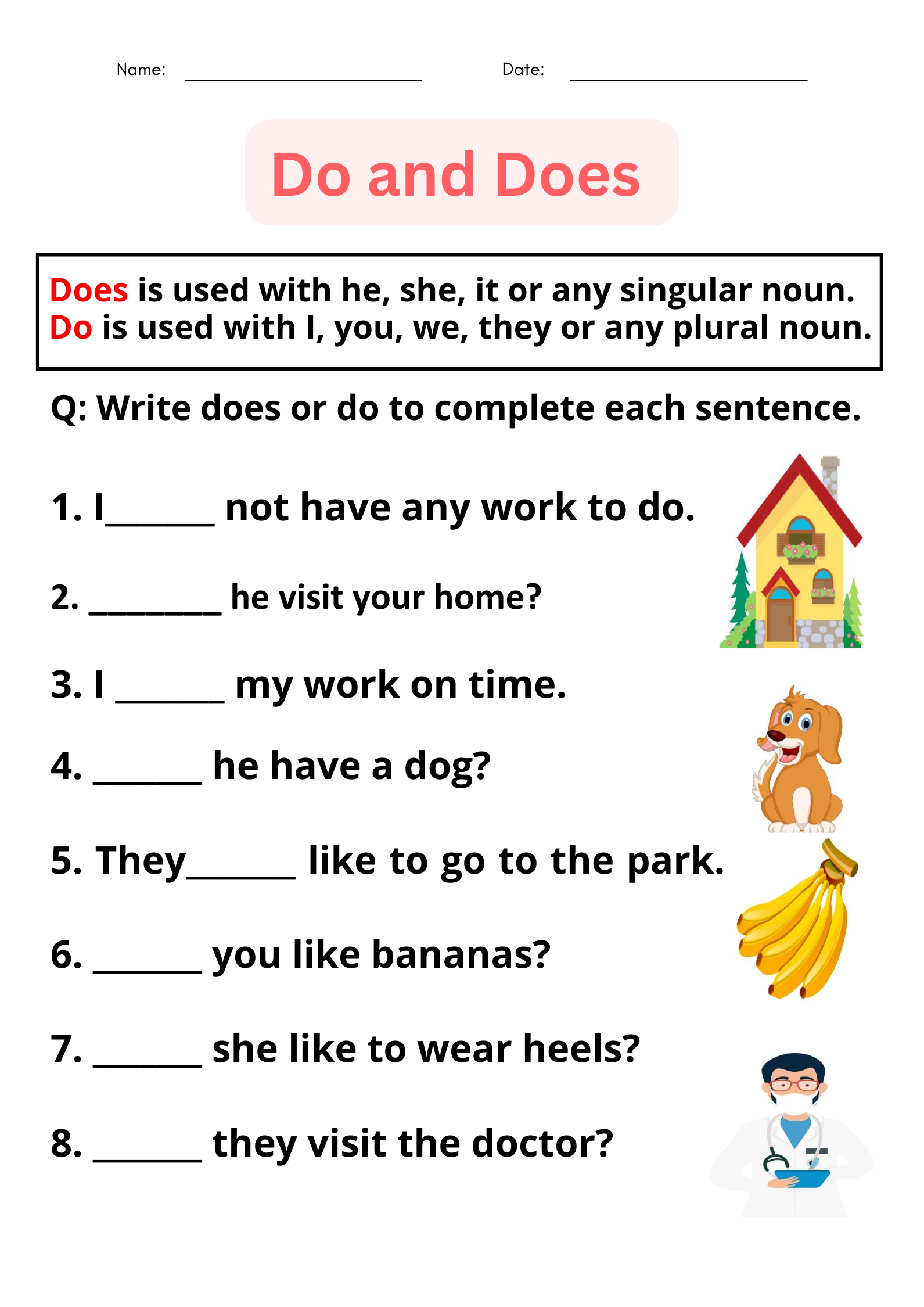How a Busy Lifestyle Shapes Learning and Cognitive Health: Myths, Benefits, and Practical Strategies

Introduction: The Challenge of Learning in a Busy World
Modern life often means juggling multiple commitments-work, family, social obligations, and personal development. Many people wonder whether a busy lifestyle distracts from learning or, paradoxically, could enhance cognitive abilities. This article explores current scientific findings, practical strategies, and real-world examples to help readers understand and navigate the relationship between busyness and learning capacity.
Does Busyness Distract from Learning, or Can It Enhance Cognition?
Contrary to common belief, research indicates that higher levels of busyness are
associated with better cognition
, especially in adults aged 50 and older. A significant study published in the journal
Frontiers in Aging Neuroscience
found that individuals reporting greater day-to-day busyness demonstrated superior processing speed, working memory, reasoning, and especially episodic memory
[1]
. Similar findings were echoed in a comprehensive study by Festini and colleagues, where busy adults not only performed better in memory tasks but also showed stronger reasoning and knowledge retention
[2]
.
However, it’s essential to note these results are
correlational
, meaning we cannot definitively say that being busy causes improved cognition. It is possible that individuals with higher cognitive abilities naturally seek out or can handle more activities
[1]
. Despite this, the association suggests that maintaining an active, engaged lifestyle may support cognitive health.
Potential Downsides: Stress and Diminished Learning Quality
While busyness can correlate with improved cognitive performance, it often comes with increased stress. Chronic stress, especially without adequate recovery or self-care, is known to impair learning, reduce memory retention, and negatively impact mental health [5] . When life becomes overwhelmingly busy, individuals may struggle to find time for focused learning, reflection, or relaxation-key elements for deep learning and long-term memory formation.
For example, a constant sense of urgency or lack of downtime can lead to mental fatigue. This state not only diminishes concentration but also makes it harder to absorb new information or develop new skills. The “busy-trap”-where being busy is equated with being productive-may result in shallow multitasking rather than meaningful engagement with learning tasks [5] .

Source: grammarist.com
Busyness, Food Choices, and Learning: An Overlooked Link
Recent research has shown that a busy mindset can also impact health choices, including food preferences. When under time pressure, individuals tend to opt for high-calorie, quick-energy foods rather than nutritious options [4] . This can have downstream effects on cognitive function, as poor nutrition is linked with reduced concentration and memory. To support learning, it’s important to recognize how daily busyness influences not only your schedule but also your health habits.
Actionable Strategies for Balancing Busyness and Learning
While busyness is not inherently detrimental to learning, intentional strategies are needed to ensure it does not become a distraction:
1. Prioritize and Schedule Focused Learning Time
Designate specific periods in your day for undistracted learning. Use digital calendars, reminders, or time-blocking techniques to create protected study sessions. Even busy adults can benefit from short, focused intervals of 20-30 minutes, repeated throughout the week.
2. Incorporate Learning into Daily Activities
Integrate educational podcasts during commuting, audiobooks while exercising, or language practice through daily conversations. This approach leverages existing routines, turning downtime into productive learning moments without overwhelming your schedule.
3. Manage Stress Proactively
Chronic stress undermines memory and learning. Practice stress management techniques such as mindfulness, deep breathing, and regular exercise. If you notice signs of burnout, it’s essential to recalibrate your commitments and seek support. Many employers and schools offer wellness resources-ask your human resource department or student services for available programs.
4. Optimize Nutrition for Cognitive Performance
Plan meals and snacks that support sustained energy and mental clarity. Prepare healthy, portable snacks in advance to avoid reaching for high-calorie, low-nutrient foods when time is tight. Consulting with a registered dietitian can provide individualized recommendations; search for “registered dietitian near me” or use directories provided by the Academy of Nutrition and Dietetics.
5. Embrace the Power of Microlearning
Break complex topics into small, manageable units. Microlearning-short bursts of focused study-can be highly effective for busy individuals. Numerous online platforms offer courses designed for flexible, incremental learning. To find reputable options, search for “accredited online microlearning platforms.” Always verify the accreditation and reviews before enrolling.
Overcoming Common Challenges: Real-World Examples
Scenario 1: A working parent tries to learn a new professional skill while balancing family and job commitments. By setting aside 20 minutes each morning before the household wakes, they complete one module of an online course each day, steadily building expertise without overwhelming their schedule.
Scenario 2: A college student with a packed class schedule uses flashcards during short breaks and listens to recorded lectures while commuting. This integrated approach transforms fragments of time into productive learning opportunities.

Source: ar.pinterest.com
Alternative Approaches for Sustainable Learning
Not all learning needs to occur in formal settings or extended sessions. Consider these alternatives:
- Peer Learning: Organize small study groups, either online or in-person, to discuss key concepts and reinforce understanding through teaching.
- Learning Journals: Maintain a daily or weekly journal to reflect on new knowledge, track progress, and set intentions for continued growth.
- Skill Stacking: Combine learning with hobbies or interests. For instance, join a book club to improve reading comprehension or volunteer in a role that builds new skills.
How to Access Additional Resources
If you are seeking structured support for balancing busyness and learning, consider the following avenues:
- Contact your local community college or adult education center for time management and study skills workshops. These institutions often provide free or low-cost resources-search “adult learning resources [your city]” for options.
- Ask your employer about professional development programs, mentorship opportunities, or flexible scheduling arrangements.
- Explore library programs-many public libraries now offer courses and quiet study spaces. Visit your city’s official library website and browse the events or learning sections.
Key Takeaways
While a busy lifestyle does not inherently distract from learning-in fact, it may correlate with improved cognitive health-unmanaged busyness and chronic stress can hinder deep learning and retention. By applying intentional strategies, integrating learning into daily life, and managing stress and nutrition, even the busiest individuals can continue to learn, grow, and thrive.
References
- [1] Festini et al. (2016). The Busier the Better: Greater Busyness Is Associated with Better Cognition. PMC.
- [2] NeurologyLive (2016). Does a Busy Lifestyle Improve Memory?
- [3] Festini et al. (2022). Busyness, mental engagement, and stress: Relationships to neurocognitive aging and behavior. PMC.
- [4] Nature (2024). Effects of busy mindset on preference for high-calorie foods.
- [5] MSU Extension (2017). The busy-trap: Impacts of always being on the go.






